The ASTM A252 standard, established by the American Society for Testing and Materials (ASTM International), provides specifications for welded steel pipe piles. This standard outlines the design, manufacturing, and use requirements to ensure the quality, reliability, and safety of steel pipe piles. This article delves into the material and manufacturing types of ASTM A252 steel pipe piles, the raw material production process, the information required before purchasing, the detailed standard requirements, and their applications in various engineering fields.
Material and Manufacturing Types of ASTM A252 Steel Pipe Piles
Manufacturing Types
According to the ASTM A252 standard, steel pipe piles can be manufactured using welded processes. Each type has distinct manufacturing methods and application characteristics.
Welded Pipe Piles
Welded pipe piles include Electric Resistance Welded (ERW), flash welding, fusion welding, or Submerged Arc Welded (SAW) processes. Welded pipe piles can be further categorized into Longitudinal Submerged Arc Welded (LSAW) and Spiral Submerged Arc Welded (SSAW) types. The manufacturing process for welded pipe piles is relatively straightforward, with high production efficiency, making them ideal for mass production and general engineering projects.
Raw Material Production Process
The raw materials for steel pipe piles—iron and steel—can be produced using open hearth, basic oxygen, or electric arc furnace methods. Strict control of chemical composition during the production process is essential to ensure that the steel meets the ASTM A252 standard.
Information Required Before Purchasing ASTM A252 Compliant Pipe Piles
Before purchasing steel pipe piles that comply with the ASTM A252 standard, the following information is necessary:
Quantity (in feet, meters, or length)
Material name of the steel pipe pile
Manufacturing typeERW, EFW, LSAW, SSAW
Grade (ASTM A252 grades 1, 2, and 3)
Dimensions (outer diameter and nominal wall thickness as per ASME B36.10)
Length (Single Random Length (SRL), Double Random Length (DRL), or fixed length)
End type (beveled or plain end)
Inspection and shipping markings
Content of the ASTM A252 Standard
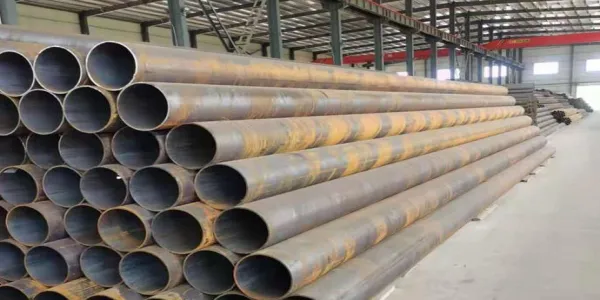
Material and Manufacturing Requirements
The ASTM A252 standard specifies the chemical composition and mechanical properties required for the steel used in pipe piles to ensure sufficient strength and durability. The standard also outlines detailed requirements for manufacturing processes, surface treatment, and quality control to ensure compliance with the technical specifications. Specifically, the standard sets limits on elements such as carbon, manganese, phosphorus, and sulfur, and defines the mechanical properties including tensile strength, yield strength, elongation, and impact strength.
Dimensions and Permissible Variations
The ASTM A252 standard provides detailed specifications for the geometric dimensions of steel pipe piles, including outer diameter, wall thickness, and length, and sets allowable tolerance ranges. Ensuring accurate dimensions and tolerances is crucial for the installation accuracy and load-bearing capacity of the pipe piles.
Welding Requirements
Steel pipe piles are typically manufactured using either longitudinal or spiral welding processes. The ASTM A252 standard specifies requirements for the quality of weld joints, welding processes, and inspection methods to ensure the integrity and reliability of weld joints. Controlling the quality of welding is a critical aspect of manufacturing, as the strength and quality of weld joints directly impact the overall performance of steel pipe piles. The standard provides detailed guidelines on welding materials, methods, and post-weld treatments to ensure the strength and durability of weld joints.
Acceptance Standards
The ASTM A252 standard outlines acceptance criteria and testing methods for steel pipe piles, including chemical composition analysis, tensile testing, and impact testing. These testing methods aim to ensure that the quality of steel pipe piles meets the standard requirements. Acceptance standards include chemical composition analysis and mechanical property tests, such as tensile strength, yield strength, and elongation tests, to ensure that the steel pipe piles perform well in use.
Corrosion Resistance Requirements
The ASTM A252 standard also includes specific requirements for the corrosion resistance of steel pipe piles. Since steel pipe piles are often used in environments with high humidity or corrosion risk, they must have adequate corrosion resistance. The standard specifies guidelines for the corrosion protection of steel pipe piles to ensure their longevity and performance in corrosive environments.
Welding Requirements
Welding is a critical process in the manufacture of steel pipe piles, essential for ensuring their quality and performance. The ASTM A252 standard provides detailed welding requirements, including welding methods, joint types, weld locations, and inspection standards, to ensure the quality and strength of welded connections.
Importance of the ASTM A252 Standard
Ensuring Project Quality
Steel pipe piles are commonly used as foundation materials in civil engineering projects, directly impacting the safety and stability of these projects. The ASTM A252 standard ensures the quality and reliability of steel pipe piles through strict requirements on materials, manufacturing processes, and acceptance criteria. Using ASTM A252-compliant steel pipe piles helps improve the load-bearing capacity and stability of foundations, ensuring overall project quality.
Standardizing Industry Production
The implementation of the ASTM A252 standard helps standardize the production and use of steel pipe piles, enhancing production technology and product quality within the industry, and promoting healthy industry development. Standardized production processes and quality control measures result in more consistent product quality, reducing potential quality issues in projects.
Promoting International Trade
As an internationally recognized standard, ASTM A252 facilitates the global trade of steel pipe pile products by reducing trade barriers and enhancing product competitiveness. By adopting international standards, companies can more easily gain acceptance in international markets, expanding market opportunities and increasing economic benefits.
Applications of the ASTM A252 Standard in Engineering
Foundation Support in Civil Engineering
Steel pipe piles are widely used in the foundations of bridges, piers, dams, and buildings to provide support and reinforcement. The ASTM A252 standard ensures the high quality and reliability of steel pipe piles for these applications. The high load-bearing capacity and adaptability to complex geological conditions make steel pipe piles essential for foundation construction in civil engineering.
Shoreline and Dam Construction in Hydraulic Engineering
In hydraulic engineering, steel pipe piles are used for shoreline and dam construction to resist erosion and wave impact. The ASTM A252 standard ensures that steel pipe piles used in these applications have sufficient strength and stability. The corrosion resistance and high-pressure tolerance of steel pipe piles allow them to perform effectively in hydraulic projects, ensuring safety.
Drilling Support in Oil and Gas Extraction
In the oil and gas industry, steel pipe piles are used for drilling support and pipeline frameworks. The ASTM A252 standard provides high-strength, corrosion-resistant steel pipe piles for these applications. The durability and strength of steel pipe piles ensure stable support for drilling equipment, ensuring safety during extraction processes.
Bridge Foundations in Road and Railway Construction
Steel pipe piles are used for bridge foundations in road and railway construction, providing reliable support and load-bearing capacity. The ASTM A252 standard ensures the strength and durability of steel pipe piles used in these foundations, ensuring the safety and longevity of bridges. The high load-bearing capacity and seismic resistance of steel pipe piles make them crucial for bridge foundation construction, ensuring stability and durability.
Platform and Structure Support in Marine Engineering
In marine engineering, steel pipe piles support offshore platforms and structures, withstanding waves and currents. The ASTM A252 standard provides high-quality steel pipe piles for these applications, ensuring the safety and stability of offshore platforms and structures. The corrosion resistance and high strength of steel pipe piles allow them to perform reliably in marine environments, ensuring the long-term safety of marine engineering projects.
Urban Infrastructure Construction
Steel pipe piles are widely used in urban infrastructure construction, including subways, tunnels, and underground parking lots, for excavation support and retaining walls. The ASTM A252 standard ensures high-quality steel pipe piles for urban infrastructure projects, ensuring safety and reliability. The high strength and deformation resistance of steel pipe piles make them effective for supporting and reinforcing excavations in complex urban geological environments.
Foundation Support in Power Engineering
In power engineering, steel pipe piles are used for supporting power towers and substation foundations, providing reliable foundation support and wind resistance. The ASTM A252 standard ensures the strength and durability of steel pipe piles used in power engineering, ensuring the safety and stability of power facilities. The high load-bearing capacity and seismic resistance of steel pipe piles make them crucial for power engineering projects, ensuring long-term safety and reliability.
Conclusion
The ASTM A252 standard is a critical international standard for welded steel pipe piles, providing scientific and technical guidelines for their design, manufacturing, and use. The standard's strict requirements on materials, manufacturing processes, dimensions, and performance ensure the quality and reliability of steel pipe piles in various engineering applications. The implementation of the ASTM A252 standard not only enhances the production quality and safety of steel pipe piles but also promotes international trade and industry standardization, providing high-quality steel pipe piles for civil, hydraulic, oil and gas, road, railway, marine, and urban infrastructure projects, driving efficient, safe, and sustainable engineering construction.








 English
English Español
Español بالعربية
بالعربية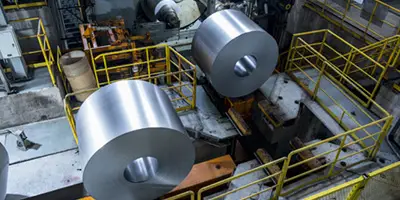
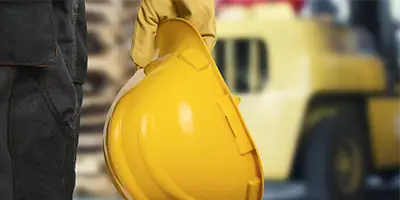
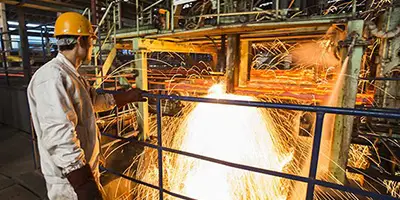
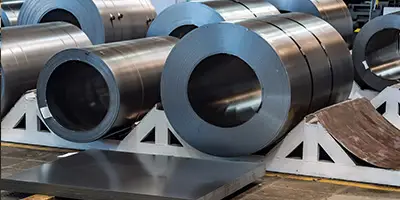

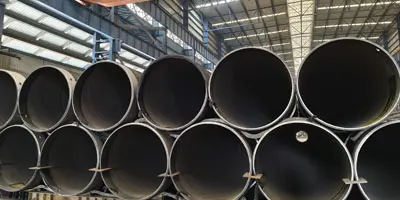
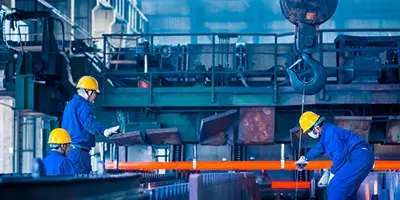
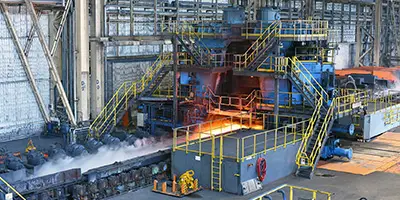
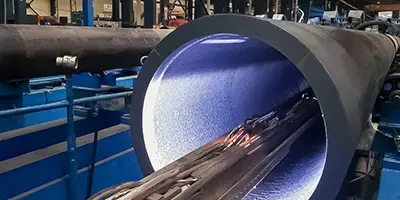
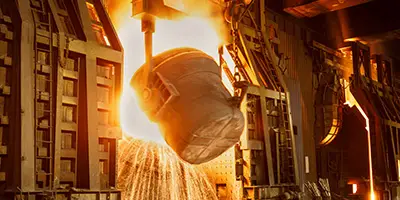


 Phone :
Phone :  Whatsapp :
Whatsapp :  Email :
Email : 


